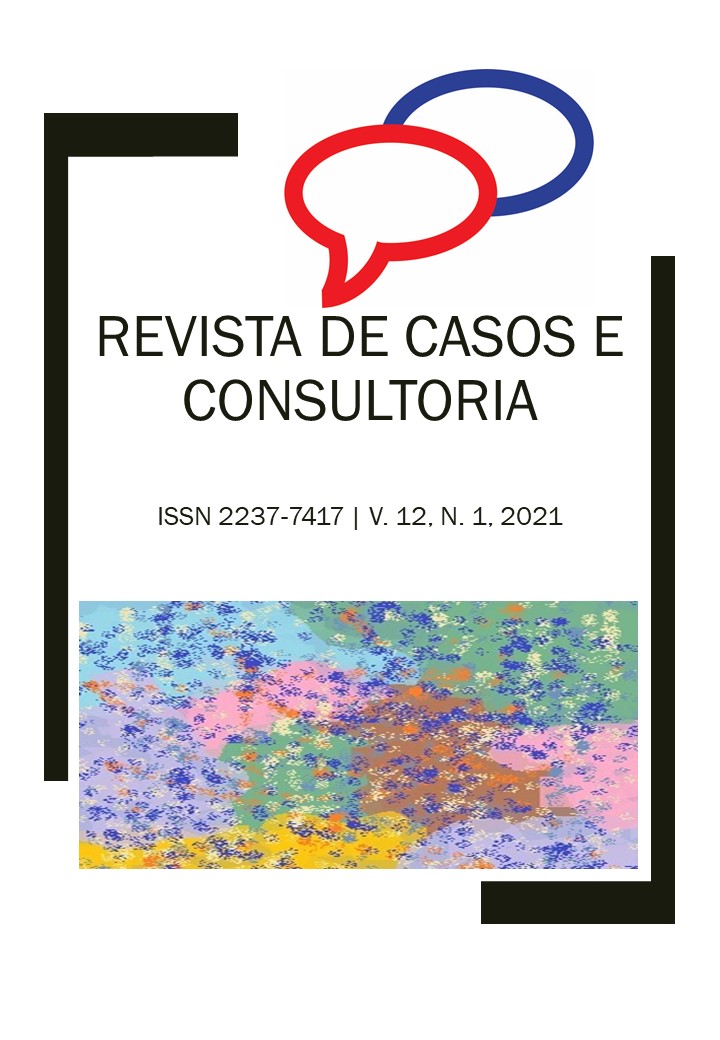Impact of the autophagic process on antitumor treatment in pregnant women
Keywords:
Pregnancy; Cancer; Autophagic; Treatment.Abstract
The woman's body is undergoing major changes during pregnancy both physiologically and psychologically. The present work has as general objective to carry out a systematic review on the impact of the autophagic process in the antitumor treatment in pregnant women and as specific objectives: to analyze the regulation of autophagy in post-gestational breast cancer; describe the monitoring of gestational prenatal care. Autophagy is classically described as being induced by deprivation of nutrients and oxygen. However, other pro-autophagic signs are well characterized: the presence of damaged organelles or proteins and long-lived proteins; the presence of extracellular toxins; and cytotoxic compounds. The present study, however, points out that, although cell death is greater in cells with impaired autophagic flow, they have “side effects” in pregnancy, which can cause cell polarization to the mesenchymal profile of tumor stem cells, involved with the greater aggressiveness of the tumor.
Downloads
References
Balmain, A. et al 2016. Quantas mutações são necessárias para a tumorigênese? Implicações de câncer de mama gestacional. Molecular Carcinogenesis, v. 7, n. 3, p. 139–146, 2016.
Betin, V. M. S. et al 2017. A autofagia facilita a remoção de organelas durante a diferenciação de eritroblastos humanos: evidências de um papel dos paralogs ATG4 durante o autofagossomo maturação. Autophagy, v. 9, n. 6, p. 881–93, 1 jun. 2017.
Cordeiro, C. N.; Gemignani, M. L 2017. Breast cancer in pregnancy: Avoiding fetal harm when maternal treatment is necessary. The Breast Journal, v.23, n. 2, p. 200–205, 2017.
Costa, R. C. et al 2018. Perfil e conhecimento das gestantes. Saúde (Santa Maria), v. 41, n. 1, p. 131-140, 2018.
Garofalo, S. et al 2016. Perinatal outcome in pregnant women with cancer: are there any effects of chemotherapy? European Journal of Cancer Care, v. 26, n. 6, p. 1–7, 2016.
Gibson, S. B. 2018. Investigating the role of reactive oxygen species in regulating autophagy. Methods in enzymology, v. 528, p. 217–35, jan. 2018.
Hepner, A. et al 2019. Cancer During Pregnancy: The Oncologist Overview. World Journal of Clinical Oncology, v. 10, n. 1, p. 28-34, 2019.
Li, H. et al 2016. Inhibition of autophagy enhances apoptosis induced by the PI3K/AKT/mTor inhibitor NVP-BEZ235 in renal cell carcinoma cells. Cell biochemistry and function, v. 31, n. 5, p. 427–33, jul. 2016.
Lu, D. et al 2017. Maternal Cancer During Pregnancy and Risks of Stillbirth and Infant Mortality. Journal of Clinical Oncology. v. 35, n. 14, p. 1522-1529, 2017.
Moutinho, J.A.F 2016. Autophagy in obstetrics and gynecology. Acta Obstet Ginecol Port 2016;10(4):278-279.
Sato, K. et al 2019. Treatment of oral cancers during pregnancy: a case-based discussion. Journal of Otolaryngology, v.48, n.9, p. 1-7, 2019.
Wala, A. et al 2016. Selective and mechanistic sources of recurrent rearrangements across the cancer genome. European Molecular Biology Laboratory, 14. 2016.
Zhai, H. et al 2016. Inibição da autofagia e crescimento tumoral no câncer de cólon pelo miR-502. Oncogene, v. 32, n. 12, p. 1570–9, 21 mar. 2016.
Zhong,Z. et al.,2016. Autophagy, Inflammation, and Immunity: A Troika Governing Cancer and Its Treatment. Elsevier Inc. Cell 166, July 14, 2016.

 Português (Brasil)
Português (Brasil) English
English Español (España)
Español (España)